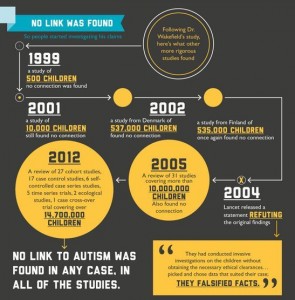I feel like I’ve always had some sort of job. Since the summer when I was 15, I’ve always been employed in some way. It feels weird to me when I’m not working. However, some days when I’m 3 1/2 hours in to washing your dishes (and trust me, hundreds of college students use a lot of dishes,) I wonder what it would be like if I wasn’t working. Maybe I would spend that time studying, or at the gym (yea right.) Regardless of what I did with the time, it would lower the responsibilities I have a lot, with the only downside being, you know, no money. Now, I never seriously considered quitting, but it got me thinking if having a job was impacting my grades. I mean, I know people who work twice the amount I do, and I’m sometimes overwhelmed, I don’t understand how they do it. When I researched whether having a job affected academic performance, I was a bit surprised.
These three studies all, when mentioning academic performance, cite multiple different studies that state that while working a lot (20 hours+ generally) makes students get worse grades, working less than that actually helps academic performance. What was strange to me is that each site cited independent studies showing this correlation, which leads me to believe it is far less likely to be chance, as the more independent observational studies that have the same conclusion, the less likely it is a fluke. So what this says is that, up to a point, working makes your grades better, but too much work leads to a cliff where your grades are worse than those that do not work.
While I’m not surprised too much work worsens your grades (tiredness, stress, less time to spend studying, etc,) I am surprised that small amounts of work increases your academic performance. While work could lead to more confidence, less concerns about money (less stress) and satisfaction, those are still far-fetched ideas. Perhaps it could be something about the worker. Maybe people who are hard-working but know their limits are the ones working under 20 hours, so they get better grades than those who don’t work but don’t burn themselves out. Obviously this is all speculation, as no study has gone in-depth enough to find the actual answer. In the end, I guess the lesson is: “Work….but not too much!”




